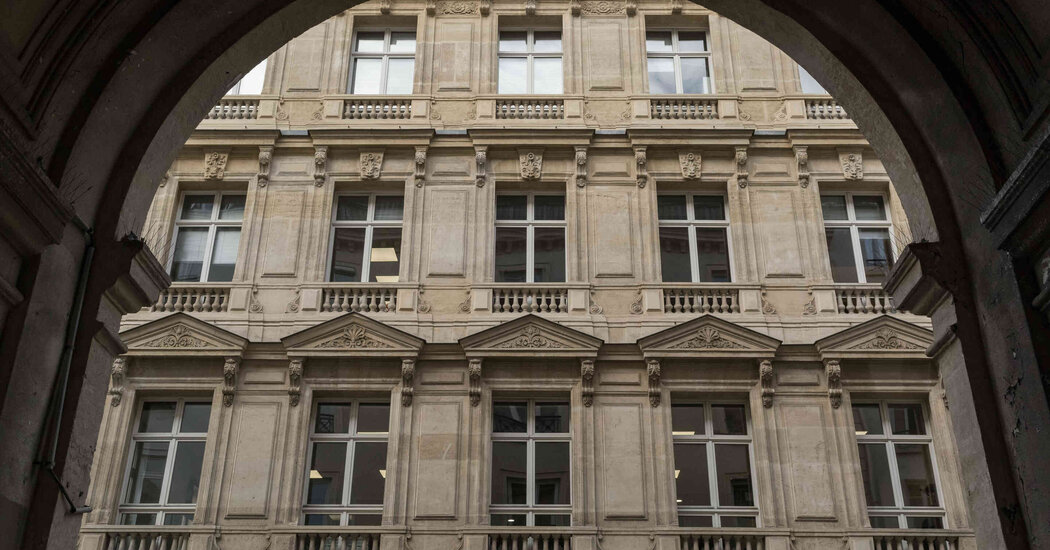Another loan
The second half of the 19th century should have presented Haiti with a huge opportunity. The global demand for coffee was high and Haiti’s economy was built around it.
On the other side of the Caribbean Sea, Costa Ricans are using their coffee supplies to build schools, sewers and the first municipal electric lighting system in Latin America. Haiti, on the other hand, required much of its coffee tax to be paid by France – first to its former slave owners and then to Crédit Industriel.
Despite all that, Haiti was a middle ground Caribbean economy, thanks to high coffee prices. But when the market slumped in the 1890s, Haiti’s coffee taxes exceeded the price of the coffee itself. The whole economic model was about to collapse.
It was time for another loan: 50 million francs (about $310 million today) from the National Bank of Haiti in 1896. It was again guaranteed by coffee taxes, the country’s most reliable source of money.
Haitians have been poor for generations. But right now — when the country was tethered to coffee, CIC and the national bank — Haiti began its precipitous decline from the rest of the region, according to data collected by Victor Bulmer-Thomas, a British economist who studies Caribbean history. .
“Haiti has made many of its own mistakes,” he said, such as taking on new debt and failing to diversify its economy. “But there is no doubt that many of its problems from the late 1800s can be attributed to these imperial powers.”
The fall of the National Bank
Durrieu died in 1890, before the breakup of the national bank he founded.
Haitian authorities began accusing the bank in 1903 of fraudulent overbilling, double interest on loans, and working against the country’s interests. But the bank reminded them of an important detail: It was chartered in France and considered such disputes beyond the reach of Haitian courts.
Undeterred, Marcelin convinced parliament to regain control of the state treasury. Haiti would print its own money and pay its own bills.
But records in the French diplomatic archives show that the national bank still had a powerful ally in its corner: the French government.
In January 1908, the French envoy to Haiti, Pierre Carteron, met Marcelin and urged him to restore normal relations with the bank. Marcellin refused. If the National Bank of Haiti were to survive, it would actually have to work for Haiti’s economic development, he said.
That might be, Carteron replied. Of course, he added, Haiti would have to return its treasury to French control first. Plus, “You need money,” Carteron said, according to his own notes. “Where are you going to find it?”
As evidenced by his handwritten messages, Carteron suspected that Marcelin would never agree. So he encouraged his colleagues in Paris to come up with a new plan.
“It is of utmost importance that we study how to set up a new French credit institution in Port-au-Prince,” Carteron wrote, adding: “Without any close connection to the Haitian government.”
That new institution opened in 1910 with a minor change to its name: the National Bank of the Republic of Haiti. France still had a share, but after 30 year Crédit Industriel et Commercial was out.
By this time, there was a new center of gravity in the financial world: Wall Street, and a boastful group of bankers from the National City Bank of New York, which eventually became Citigroup.†
US financiers continued to operate from Durrieu’s script and became the dominant power, leading to a consequence even more lasting than the debt he helped orchestrate.
After all, Wall Street wielded a weapon more powerful than a French diplomat making oblique threats. US bankers appealed to their friends in Washington, and 35 years after Durrieu’s bank was created, the US military invaded Haiti.
It was one of the longest military occupations in US history, allowing the United States to seize control of Haiti’s finances and shape its future for decades to come.
Once again, the country had been undermined by the institution President Salomon had so proudly celebrated in the palace that evening: the National Bank of Haiti.

